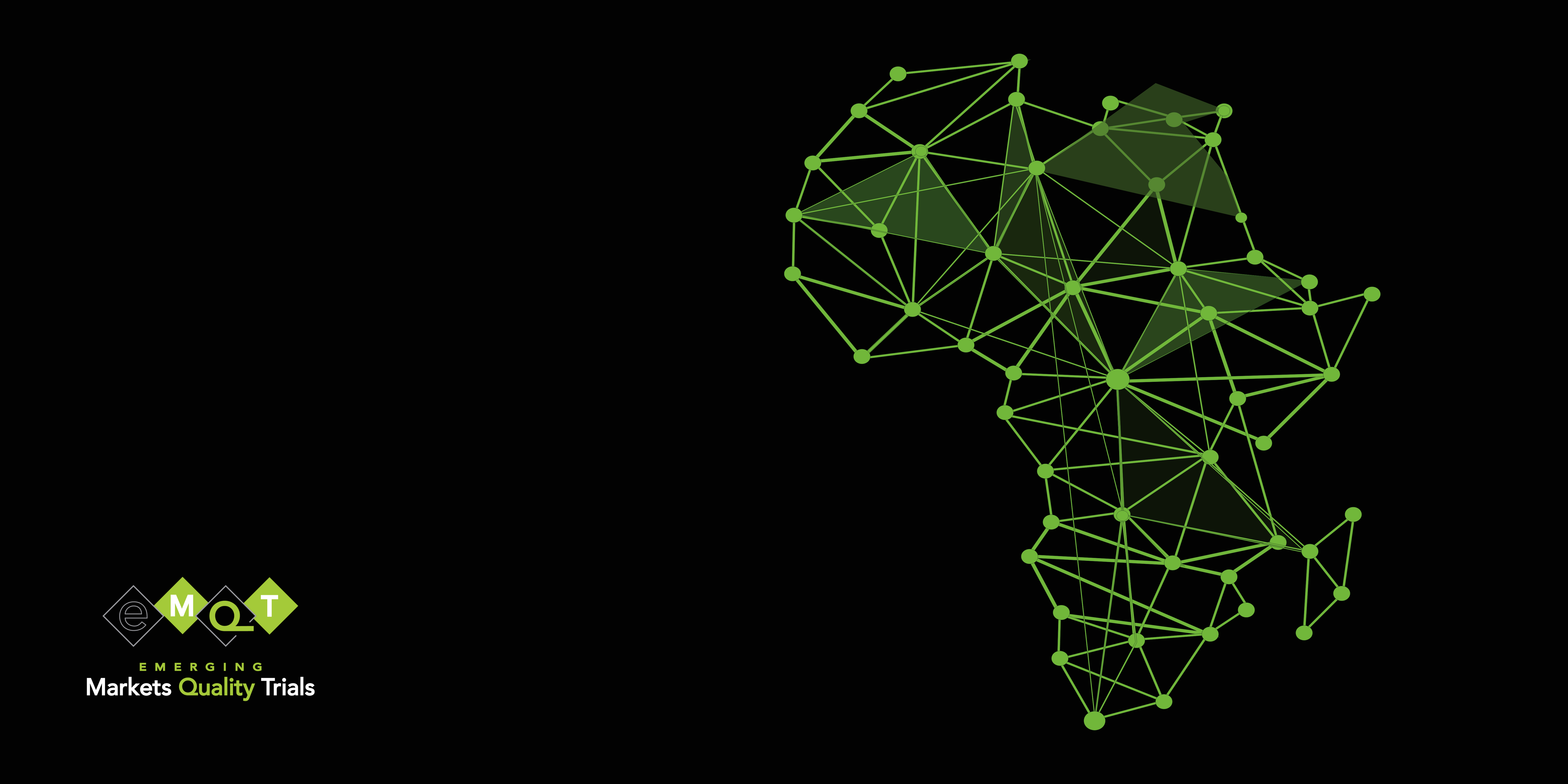Navigating the Challenges
Clinical research continues to bring many challenges and as we look to develop new medicines to meet unmet medical needs and address the ever-increasing complexity, that new protocols and development plans require, we are continually looking for new frontiers and new technologies.
In 2023 our current high-level challenge continues to be on time trial completion. Looking back over the last 25 to 30 years this has always been so. We tackled this by enhancing processes, introducing electronic data entry, greater site support and training and additional patient engagement activities and looking at more and more locations around the globe – moving from western countries to include Central and Eastern Europe in the 1990s, then Latin America and Asia since.
Yet recruitment today is still problematic with the same challenges around recruiting patients into our trials. This is driven by the fact that we’re looking at more complex protocols trying to demonstrate a smaller benefit over the standard of care – because in the last 25 years overall standard of care has improved thanks to all the new medicines that have come to market. Trials are still using the same sites in 85 to 90% of cases and hence there is an ever-decreasing pool of naïve patients at these sites. The outcome of all of this provides some shocking statistics:
- 80% of trials missed their original recruitment timeline.
- 20% of the activated sites that have taken so much time and effort to get initiated never recruit a single patient.
- And that means the delay to the product launch which is estimated to cost between $600,000 – $1,000,000 every single day of that delay.
Where next? Our new frontier must be Africa: it is the future in terms of new territories with naïve and diverse patient populations for trials. Africa has a population estimated to be over 2 billion by 2050, with forecasted economic growth to be three times faster than the world’s developed economies. Why are we not there already when they have the infrastructure, experienced healthcare professionals (often trained in the western world) with an ethics and regulatory system in place that often mirrors the FDA and/or a European system?
Historically Africa has been seen as a source of patients for communicable diseases but in fact the prevalence of non-communicable diseases, particularly cancer and diabetes, is increasing and the numbers of patients with these diseases is much larger than in many of our traditional markets these patients provide a rich stream of subjects for our trials that enable us to provide on time quality data and meet recruitment goals more than 20% of the time, as currently reported!
Why are we not working in Africa already? It’s fear! To combat that fear eMQT has developed two tools ATOM© and INSIGHT©. ATOM© is the Assessment Tool for Overseas Markets that assesses a sites capability with respect to clinical trials; from experience of team members, to facilities and infrastructure for patient treatment, for safety and IMP management, for data management and laboratory requirements. The outcome is identifying those sites ready to participate in our global clinical trials and identifies any gaps that need to be addressed. When it comes to knowledge around trial standards, that’s where INSIGHT© comes in. This is eMQT’s learning management platform which provides signed up members the opportunity to learn and be accredited for the necessary topics including ICH GCP, drug safety as well as data cleaning, IMP management, source document requirements and all the other topics you would expect to ensure a clinical trial can be managed smoothly, accurately, and completely to meet the global standards and needs of pharmaceutical sponsored trials. Adding diversity, naïve patients and new investigator sites can only bring rich rewards for all, and most especially the patients with access to these new medicines otherwise not available to them.


